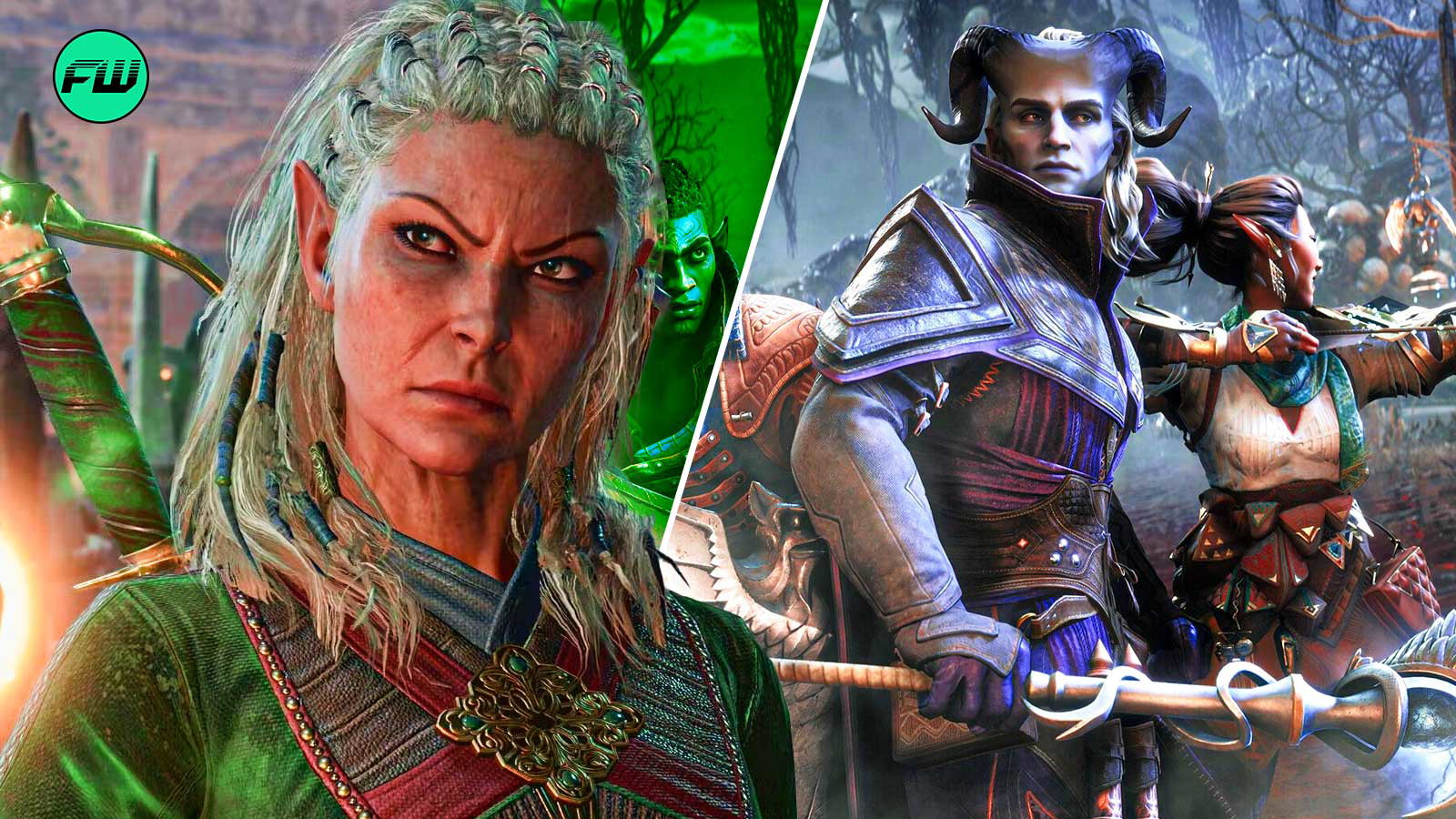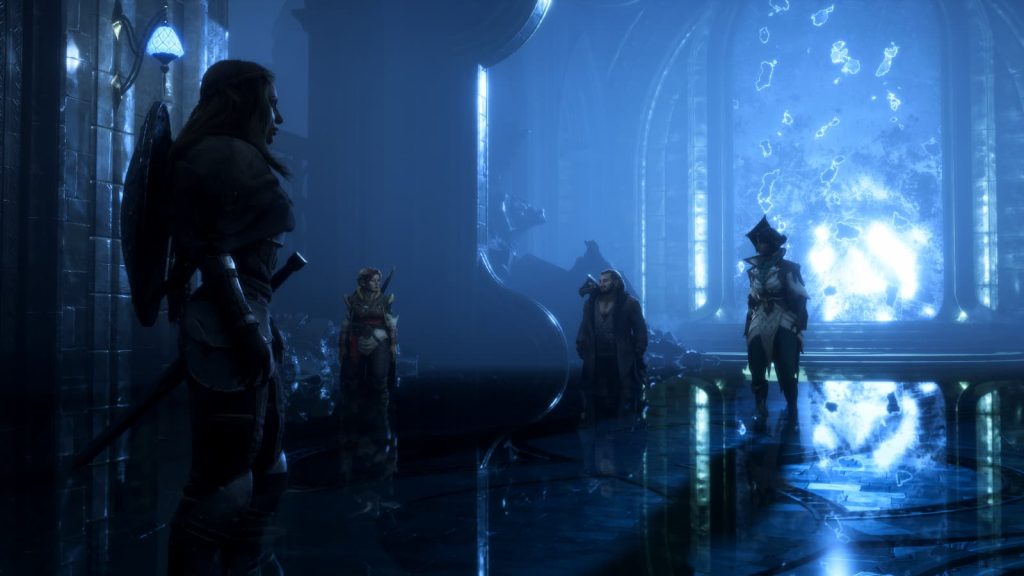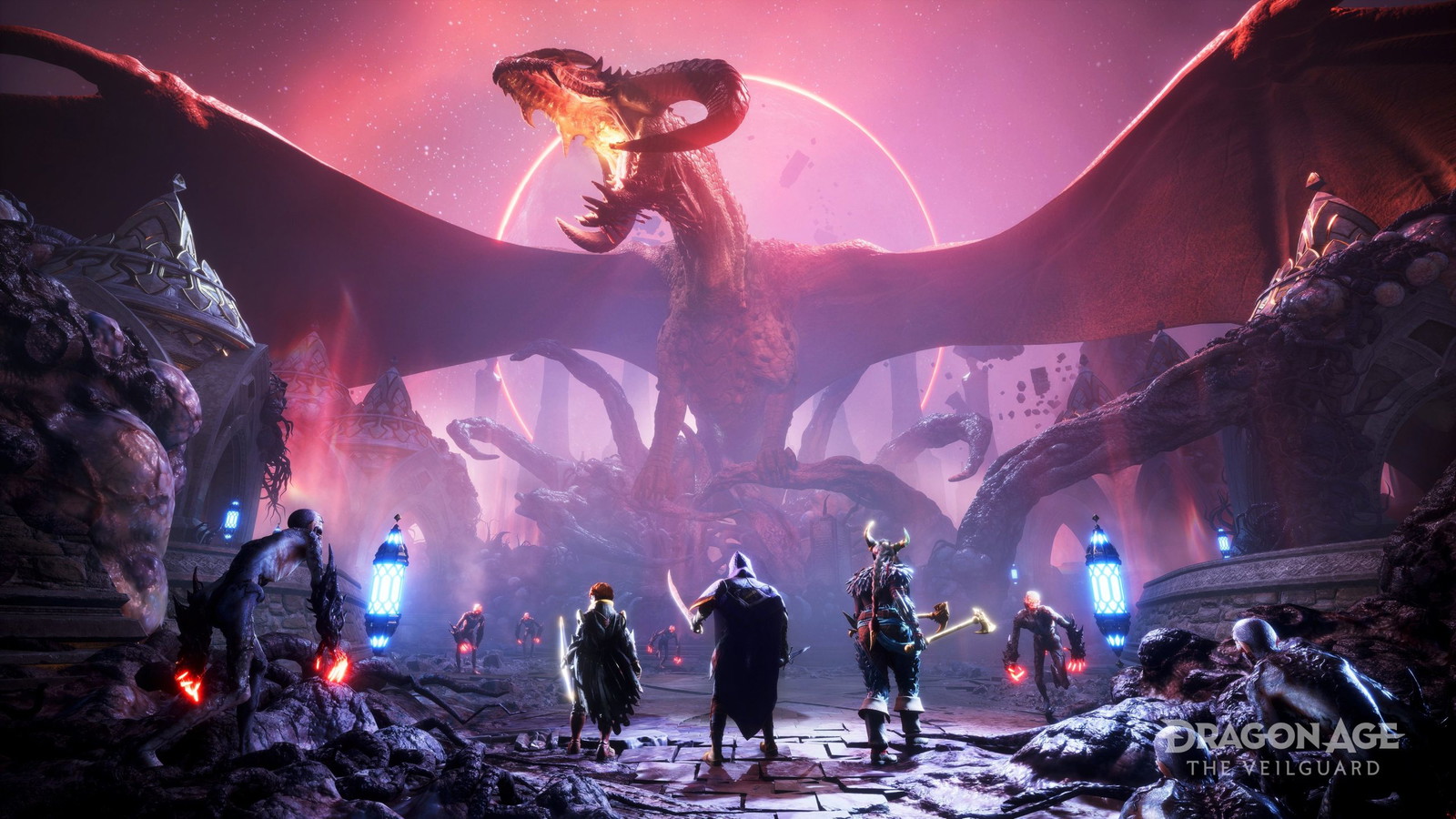Be careful who you romance in Dragon Age: The Veilguard, or you might not wake up from your shared bed. The game’s romance system is deep.

In Dragon Age: The Veilguard, BioWare introduces a compelling and somewhat dangerous take on relationships. The game’s romance system takes players on a journey through sensual, romantic, and potentially fatal entanglements with its seven romanceable companions. As game director Corinne Busche warned, “You may or may not wake up in a coffin.“

Unlike the warm camaraderie of Baldur’s Gate 3, where even bloodthirsty companions like Lae’zel will stick by your side, Veilguard’s cast can make you regret your choices—sometimes with murderous intent. The game comes out on October 31, 2024, for PS5, PC, and Xbox Series S|X.
Dragon Age: The Veilguard Shakes Up The Romance System

The companion system in Dragon Age: The Veilguard is all about realism and relatability, as explained by game director Corinne Busche in his interview with IGN. Relationships span a wide range of dynamics, from physical and sensual to spicy and deeply romantic.
While some companions are heart-meltingly sweet, others lean towards more risky and potentially lethal interactions. Busche hinted at the darker edge of these relationships, teasing that one may even try to kill you after an intimate encounter.
One of the standout features of The Veilguard’s romance system is how it intertwines with combat. Unlike previous Dragon Age games, where companions were often locked to specific romantic preferences based on race or gender, every character in The Veilguard is pansexual.
This flexibility allows players to pursue relationships with all seven companions, and those relationships can have a direct impact on combat. As Busche describes, fighting alongside your lover raises the emotional stakes and adds layers of intensity to the battle.
A unique aspect of The Veilguard’s companion system is that relationships are not purely about affection or approval. Instead, they focus on trust, understanding, and familiarity. Rather than simply maxing out a “love meter,” the game’s approach to relationships is dynamic, with companions responding to how well you know them.
This means that a deep understanding of your companions can lead to more meaningful interactions, both on and off the battlefield.
The Romance Is Not Just About You
 It will be a good shake-up from the system in Baldur’s Gate 3. | Credit: Larian Studios
It will be a good shake-up from the system in Baldur’s Gate 3. | Credit: Larian Studios
Unlike Baldur’s Gate 3, where companion romances might develop into lasting partnerships, The Veilguard introduces a level of volatility. Characters in this game are prone to act out if the relationship sours, adding tension to each interaction.
As Busche pointed out, this is particularly relevant during tough decisions, where romantic bonds can make choices feel gut-wrenching. If a player mistreats or neglects a companion, it’s not out of the realm of possibility for them to retaliate, or worse, try to end things in a deadly way.
Adding further complexity, players won’t always be the ones in control of initiating romance. Sometimes the companions themselves will make the first move. Busche explained that the characters in The Veilguard have their own agency, which means they can develop feelings for the player or even for each other.
These companion dynamics don’t only apply to romantic interactions. Players will need to build trust with their companions. Relationships, whether platonic or romantic, will directly affect a companion’s development, impacting their skills and leveling.
In contrast to the often lighthearted, consequence-free romances of Baldur’s Gate 3, Dragon Age: The Veilguard takes a more grounded and unpredictable approach. The possibility of a lover turning on you adds a level of danger rarely seen in RPGs.
What do you think about the risky romance in Dragon Age: The Veilguard? Let us know in the comments!





